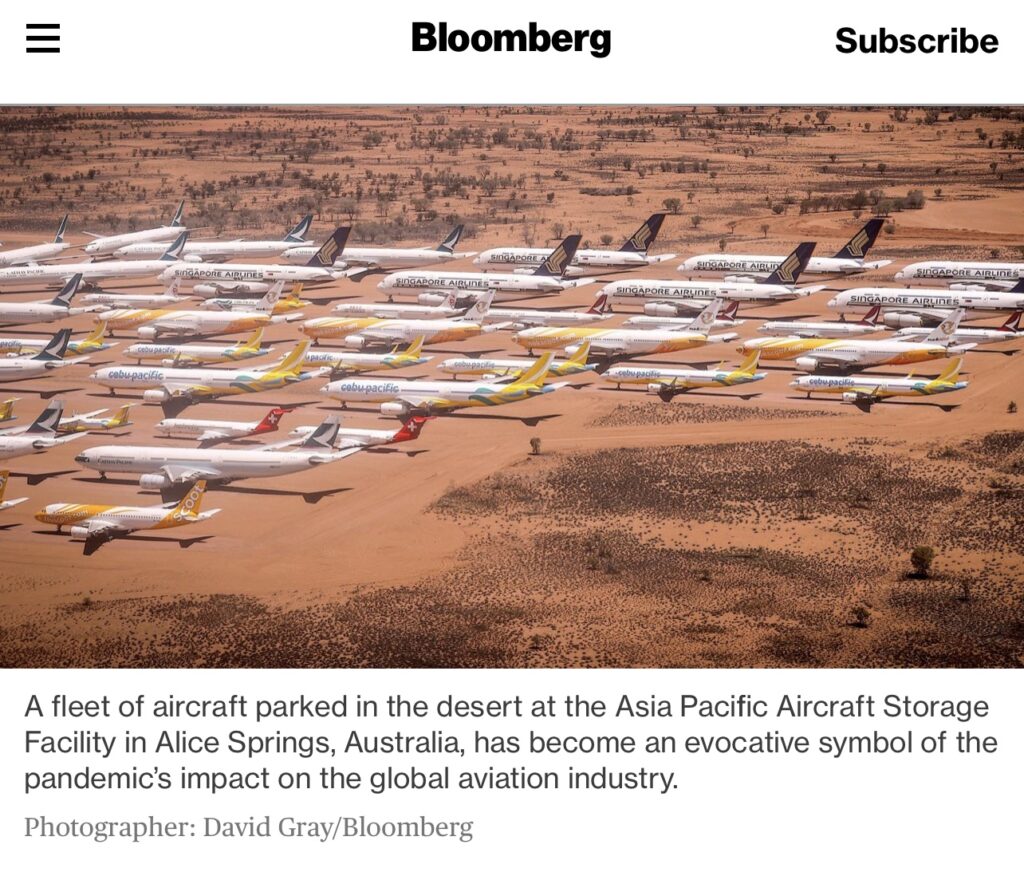The future of business travel?
A Bloomberg survey of 45 large companies in the U.S., Europe and Asia shows that 84% plan to spend less on travel post-pandemic.
I am personally convinced that this to some extent is right. I think that pre-pandemic patterns driven by overall mactotrens will remain and return faster than we expect. However, naturally we now have seen the alternatives and we will use them.

According to the Blooomberg business travel as we’ve known it is a thing of the past. From Pfizer Inc., Michelin and LG Electronics Inc. to HSBC Holdings Plc, Hershey Co., Invesco Ltd. and Deutsche Bank AG, businesses around the world are signaling that innovative new communications tools are making many pre-pandemic-era trips history.
Take Akzo Nobel NV, Europe’s biggest paint maker, for instance. At its Amsterdam headquarters, Chief Executive Officer Thierry Vanlancker has spent the past year watching his manufacturing head, David Prinselaar, flap his arms, madly gesticulate and seemingly talk to himself while “visiting” 124 plants by directing staff with high-definition augmented-reality headgear on factory floors. A task that meant crisscrossing the globe in a plane before is now done in a fraction of the time — and with no jet lag. For Vanlancker, there’s no going back.
The Bloomberg survey of 45 large businesses in the U.S., Europe and Asia shows that 84% plan to spend less on travel post-pandemic. A majority of the respondents cutting travel budgets see reductions of between 20% and 40%, with about two in three slashing both internal and external in-person meetings. The ease and efficiency of virtual software, cost savings and lower carbon emissions were the primary reasons cited for the cutbacks. According to the Global Business Travel Association, spending on corporate trips could slide to as low as $1.24 trillion by 2024 from a pre-pandemic peak in 2019 of $1.43 trillion.
Source: Bloomberg
You must be logged in to post a comment.